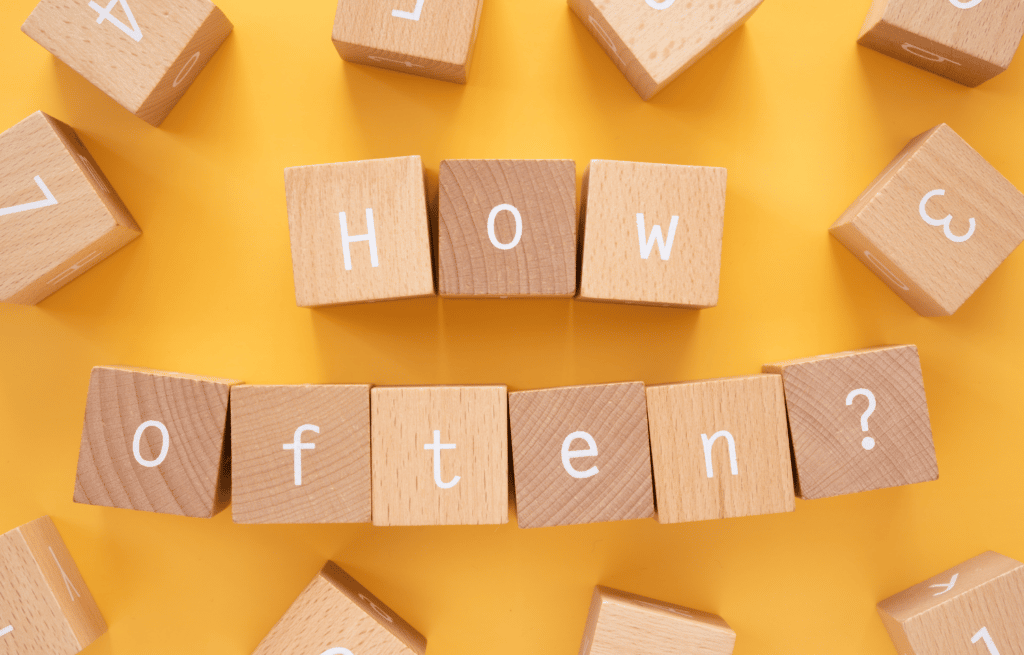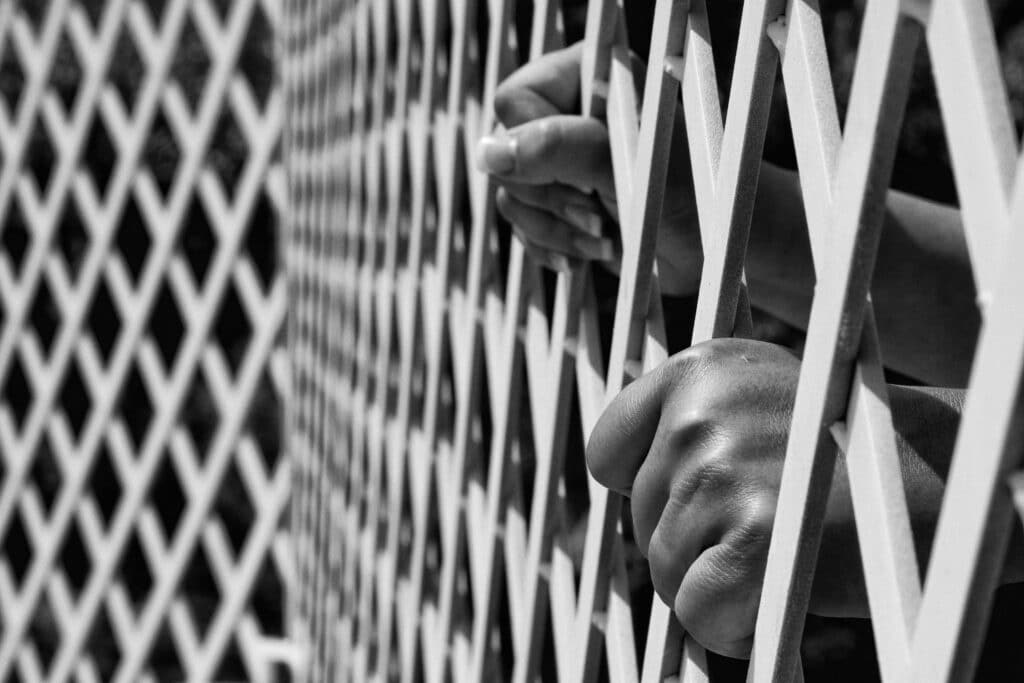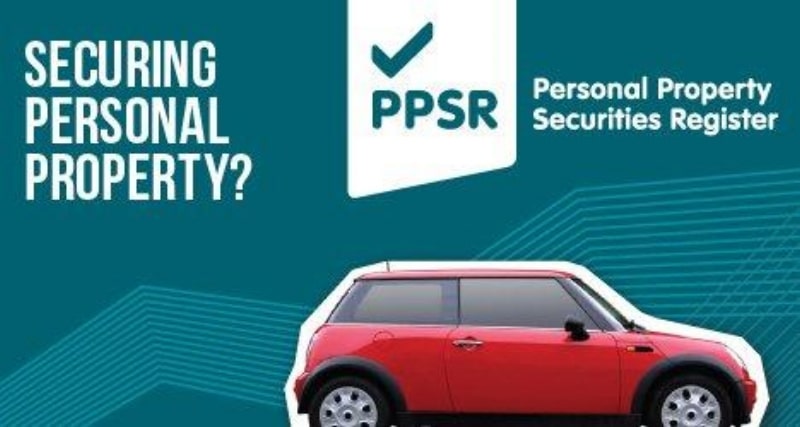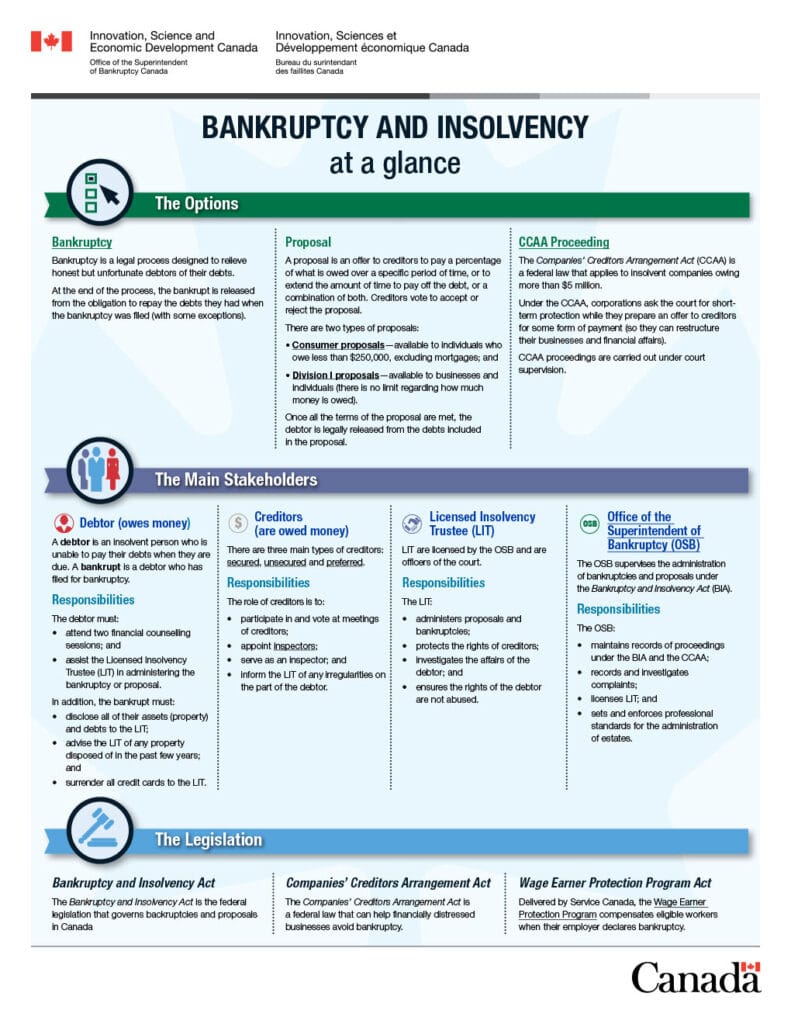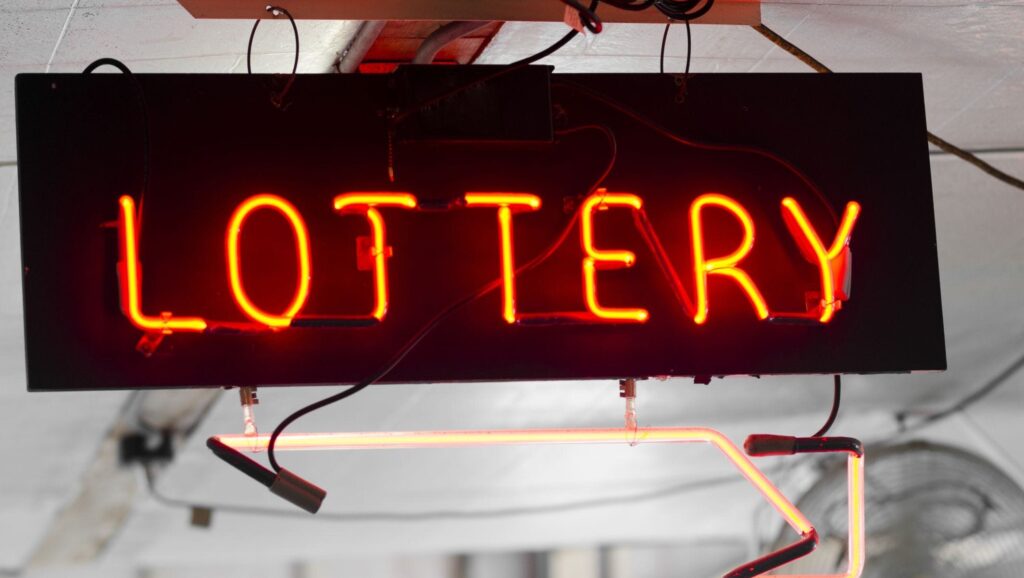Bankruptcy NS
How Many Times Can You Declare Bankruptcy In Canada
Have you been curious as to how bankruptcy works in Canada? More specifically, how many times you can file bankruptcy? In theory, you can declare bankruptcy as many times as you like in Canada. Practically speaking, however, every time you file the consequences and the difficulty in receiving a discharge from your bankruptcy increases. The…
Read MoreThe New Debtor Prison
We have found that a new form of debtor prison exists and this is due to excessive phone calls, emails, text messages and mail from creditors and collection agencies. These tactics can leave a person feeling afraid to answer their own phone and for some, it can cause undue stress and anxiety which can negatively affect their everyday life and ability to function at work.
Read MoreWhat is a Deemed Trust?
In a bankruptcy, amounts owing for GST/HST and the employer portion of CPP and EI, and penalties and interest on these amounts are unsecured claims, ranking the same as all other general creditors of a debtor. However, before bankruptcy occurs, CRA may obtain a lien or charge (be filing a memorial judgment) against the real or personal property of a debtor, CRA will be a secured creditor.
Read MoreYour Credit Report After a Bankruptcy or Consumer Proposal
Debts included in a bankruptcy should be rated as R-9 or I-9, indicating written-off, and the outstanding balance should be reported as zero. There should also be a note indicating “included in bankruptcy” below the trade line for the corresponding creditor. Debts included in a consumer proposal should be rated as R-7 or I-7 and the outstanding balance should also be reported as zero.
Read MoreWhat Is The New Brunswick Personal Property Security Act (PPSA)?
PPSA legislation provides a central registry for filing notices of security interests in personal property, allows both individuals and institutions to record their financial interest in personal property (cars, boats, appliances, etc.). Bankruptcy eliminates all of your unsecured debt such as credit cards, bank loans, tax debts, unpaid bills and payday loans. However, secured debts such as vehicle loans, mortgages and home equity lines of credit are typically not included in a bankruptcy.
Read MorePersonal Bankruptcy in 12 Steps
Recognize the Problem, often the most challenging step as it requires that you admit that you are having financial troubles beyond your control and need help. Contact a Licensed Insolvency Trustee, the Trustee will provide a free confidential consultation and review your financial situation and discuss your options.
Read MoreThe Real Cost of Vehicle Ownership
Think about the cost of ownership before you buy and then think about the cost of use and think ahead to consolidate trips, skip the trip, or car pool with friends and co-workers. The cost of vehicle ownership also needs to be considered when you choose where you live. While the cost of housing may be cheaper here in rural New Brunswick, the cost of the travel can offset the housing cost savings.
Read MoreWhat Is the Bankruptcy and Insolvency Act (“BIA)
What Happens If I Win The Lottery While Bankrupt?
If you win the lottery during your personal bankruptcy, before you are discharged, the lottery winnings are considered “after-acquired property” and forms part of your bankruptcy. After-acquired property can be seized by your Trustee in Bankruptcy for the benefit of your unsecured creditors.
Read MoreWhat Are My Duties In Bankruptcy?
There are several duties that an individual must complete as part of a personal bankruptcy to be eligible to be discharged from bankruptcy. These duties include, but are not limited to; completing two counselling sessions, report your monthly income to the Trustee, assist the Trustee with file your income tax return for the year of bankruptcy.
Read More
